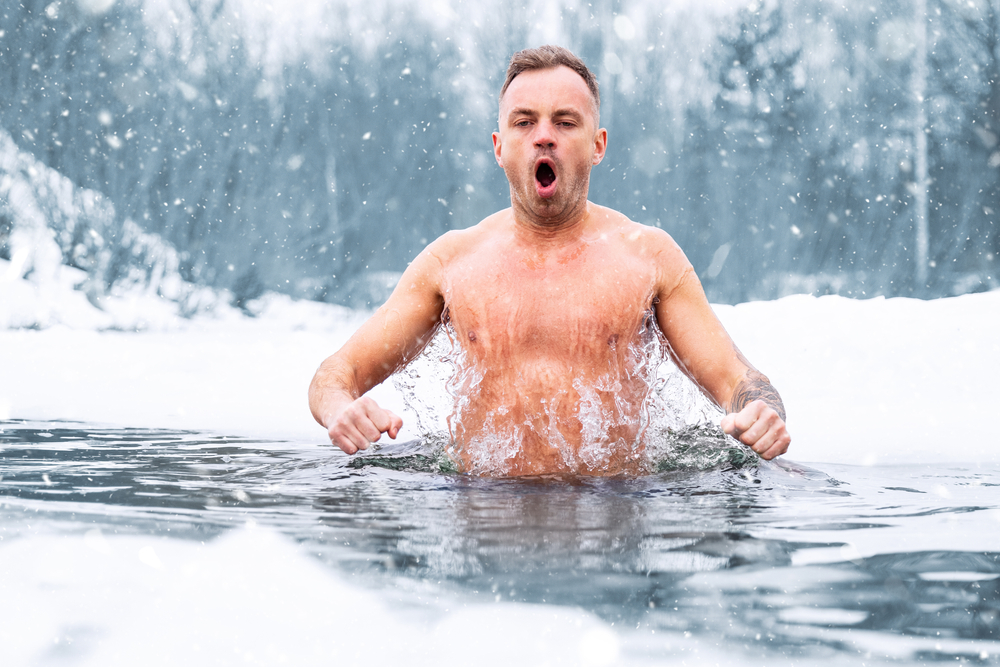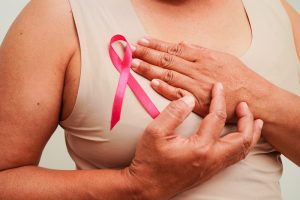Cold-water therapy, commonly known as ice baths, has gained popularity across Asia, extending beyond the realm of elite athletes. From Tokyo to Taipei, more people are embracing this frosty health trend and reaping its potential benefits.
Let’s delve deeper into the science behind ice baths and explore how they can positively impact various aspects of well-being.
The Science Behind Ice Baths
Ice baths involve immersing the body in cold water, typically ranging from 10 to 15 degrees Celsius. Advocates of this therapy believe that it can alleviate muscle aches, reduce inflammation, and enhance recovery. But let’s examine the scientific evidence behind these claims.
Combatting Muscle Soreness
One of the primary benefits of ice baths is their potential to alleviate muscle soreness, also known as delayed onset muscle soreness (DOMS). A comprehensive review of 17 studies conducted in 2012 found that ice baths can indeed help reduce post-workout muscle pain. This discovery is particularly promising for fitness enthusiasts who aim to recover quickly after intense workouts.
Boosting Recovery and Performance
Beyond alleviating muscle soreness, ice baths may have a broader impact on recovery and athletic performance. Research conducted during the 2016 Summer Olympics suggested that athletes who used cold-water therapy experienced faster recovery times and performed better in subsequent events. These findings indicate that ice baths have the potential to enhance overall athletic performance and aid in recovery.
Improving Mental Well-being
Surprisingly, ice baths can also have a positive effect on mental health. When the body is exposed to cold water, it undergoes a shock, triggering the release of endorphins, which are the body’s natural mood boosters. Anecdotal reports suggest that this release of endorphins during ice baths can improve mood and reduce stress.
Additionally, ice baths can stimulate the release of dopamine, often referred to as the “feel-good hormone.” Dopamine is associated with feelings of pleasure and reward. The initial stress response triggered by cold exposure during an ice bath can lead to the subsequent release of dopamine. This may contribute to feelings of euphoria or increased well-being following the experience. However, it’s important to note that individual responses to cold exposure can vary, and further research is necessary to fully understand this aspect.
A Word of Caution
While the potential benefits are enticing, it’s crucial to approach this therapy with caution. Prolonged exposure to cold water can lead to hypothermia, a dangerous condition characterized by a significant drop in body temperature. It’s important to regulate the duration and intensity of ice baths to ensure they are safe and effective. Moreover, individuals with certain medical conditions, such as heart disease, should avoid doing this altogether. Seeking guidance from a healthcare professional is essential before incorporating this therapy into your routine.
Conclusion: Are Ice Baths Right for You?
Ice baths offer a range of potential benefits, from soothing sore muscles to potentially improving mental well-being. However, it’s vital to exercise caution and seek professional guidance to ensure safe and effective use. They can be a refreshing addition to your health regimen, but it’s important to approach them with informed decision-making and awareness of individual health considerations. With proper care, they may also provide the invigorating boost you’ve been seeking for your well-being.













